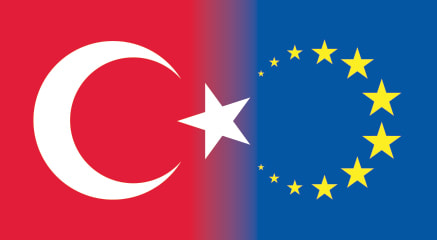The TRAIVR partnership gathered in Portugal
|
Recently, the Training of Refugee Offenders by Virtual Reality (TRAIVR) project held a two-day meeting gathering all the initiative's partners. This marked another crucial step in the project lifetime, and another opportunity to review the development progress, the project timeline, and to further develop and improve the Virtual Reality scenarios methodology.
|
The language barrier presents a significant challenge for professionals working with refugee offenders. Limited access to resources in refugees' native language can make it difficult for professionals to promote their successful rehabilitation and reintegration into society.
Beyond the effectiveness of Virtual Reality training, accessibility is another key motive behind why the TRAIVR partnership is committed to developing a VR programme that will improve the coping skills of substance-using sing refugees under judicial supervision. By designing the VR methodology to be user-friendly, TRAIVR aims to ensure that refugees who may not have proficiency in the language of instruction can still benefit from the training. |





